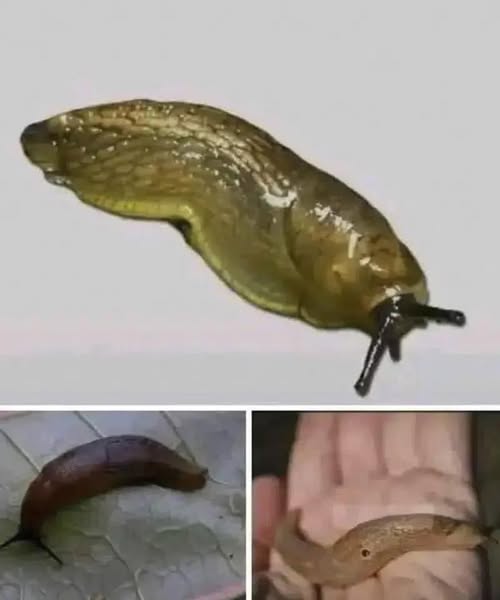

Slugs might not win any popularity contests in the animal kingdom, but these often misunderstood creatures play a far more important role in the environment—and even in science—than most people realize. While their slimy trails and garden nibbling may frustrate homeowners, slugs are actually essential contributors to ecological health and scientific research.
In the natural world, slugs act as nature’s quiet recyclers. They feed on decaying leaves, fungi, and other organic material, helping to break it down and return valuable nutrients to the soil. This process is crucial for soil fertility and plant health. By decomposing dead matter, slugs contribute to the natural cycle of renewal, keeping gardens and wild ecosystems balanced and thriving.
But slugs don’t just benefit the soil—they’re also a key part of the food chain. Many animals rely on them as a food source, including birds, frogs, hedgehogs, beetles, and other predators. Without slugs, entire populations of these animals could suffer. Despite their modest appearance, slugs help sustain biodiversity in countless ecosystems.
Beyond their environmental contributions, slugs have caught the attention of scientists and cosmetic researchers alike. Their mucus, although sticky and unappealing to most, contains remarkable properties. This secretion has been found to have antibacterial, anti-inflammatory, and regenerative effects. In medical studies, slug mucus has shown potential in promoting wound healing and reducing infection, paving the way for innovative treatments in healthcare.
In the world of beauty and skincare, slug slime is being examined for its similarities to snail mucin—a widely used ingredient in moisturizers and anti-aging products. Like its snail counterpart, slug mucus contains beneficial compounds such as hyaluronic acid and antioxidants. These elements can help hydrate skin, boost elasticity, and slow down signs of aging, making slug-derived skincare a growing area of interest in the cosmetic industry.
Remarkably, slugs are even helping scientists better understand the human brain. Though their nervous systems are far simpler than ours, they provide a useful model for studying memory and learning. Researchers have been able to gain valuable insights into how neurons work, thanks in part to these small invertebrates. Their simplicity allows scientists to explore basic neural functions without the complexity of larger animal models.
So the next time you see a slug sliding across your patio or garden path, think twice before dismissing it as just a nuisance. From nurturing the earth to advancing science and skincare, slugs serve a greater purpose than their slimy appearance suggests. These humble creatures are proof that even the smallest beings can have a meaningful impact on our world. Their quiet work, often unnoticed, is a vital thread in the intricate fabric of nature—and a reminder that every species, no matter how overlooked, has something valuable to offer.